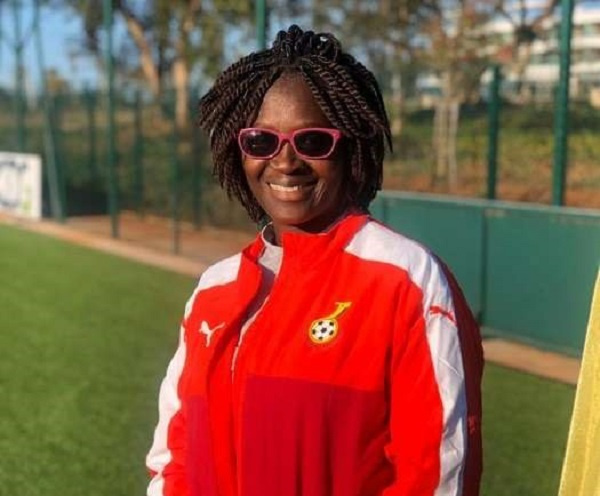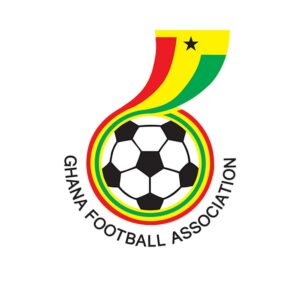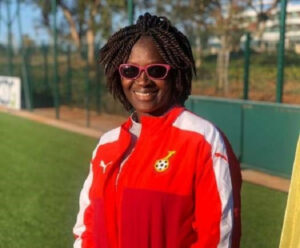Evelyn Nsiah Asare Defends GFA Over Nora Hauptle’s Departure

Chief Executive Officer of Hasaacas Ladies Football Club, Evelyn Nsiah Asare, has defended the Ghana Football Association’s (GFA) handling of Nora Häuptle’s departure as head coach of the Black Queens, stating that the decision to let her go was justified and not a failure on the part of the association.
Häuptle, who took charge of the senior women’s national team in 2022 following the exit of Mercy Tagoe, was praised for her initial impact, leading the Black Queens to qualify for the Women’s Africa Cup of Nations (WAFCON) for the first time since 2018. However, her tenure ended earlier this year after she declined to renew her contract with the GFA, instead opting to take over Zambia’s women’s national team.
Since her move, questions have been raised about whether the GFA should have done more to retain her. Critics argue that the Swiss coach brought structure, tactical discipline, and renewed energy to the team. But according to Nsiah Asare, those claims don’t tell the full story.
Appearing on Channel One TV’s Football Made in Ghana, she stated that the GFA acted appropriately in allowing Häuptle to exit, and that recent developments have only validated that decision.
“She had her time and made a contribution, but there was no wrongdoing by the GFA in letting her go,” Nsiah Asare said. “If anything, current results show that her decision to leave hasn’t negatively impacted Ghana.”
She pointed to Häuptle’s early challenges with her new team as evidence that her success with Ghana should be viewed with context. Zambia, widely seen as a rising force in African women’s football, suffered a heavy 5-0 defeat to Nigeria in the ongoing 2024 WAFCON — a loss that saw them crash out of the competition before reaching the semifinals.
“That was a team with a lot of momentum,” Nsiah Asare noted. “They had a strong base and were making progress. But under her leadership, they couldn’t meet expectations. That says a lot about whether this coach is the ‘game-changer’ people claim she is.”
She went on to argue that coaching transitions are normal in football and shouldn’t be overdramatized. For Nsiah Asare, the focus should now be on supporting the current technical team and players, rather than lamenting the departure of one individual.
“It’s important to recognize that no coach is irreplaceable,” she stated. “The GFA has moved on, and so should we. Ghana has a solid team, and the coaching staff is continuing the work that was started.”
Nsiah Asare also cautioned against comparing Ghana’s performance with that of Zambia under Häuptle, noting that context matters. She emphasized that football success is not solely based on coaching, but also on the overall team environment, infrastructure, and long-term development plans.
“We often think changing coaches guarantees results, but it’s not that simple. It takes more than just one person to move a team forward,” she explained.
While acknowledging that Häuptle brought professionalism to the Black Queens, she reiterated that her exit did not derail the team’s progress. Ghana remains in contention at WAFCON, and the general sentiment within the camp appears to be one of focus and unity.
As the tournament unfolds, Nsiah Asare called for a shift in public discourse — away from former personnel and toward building continuity and excellence within the national setup.
“Let’s channel our energy into what lies ahead,” she urged. “The team is still growing, and we must offer them our full support.”
With this endorsement of the GFA’s decision, Evelyn Nsiah Asare adds her voice to a broader conversation about leadership, accountability, and direction in Ghanaian women’s football — underscoring the belief that progress depends not on individuals, but on collective commitment and structure.







